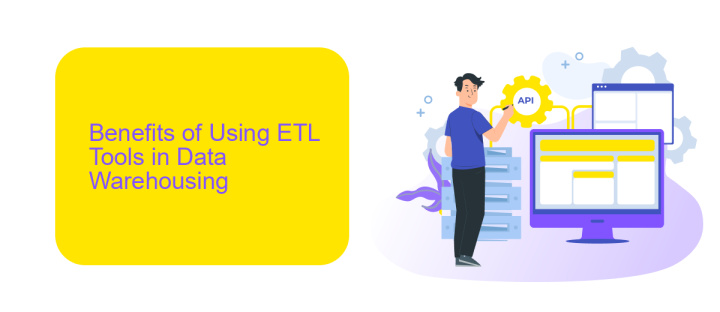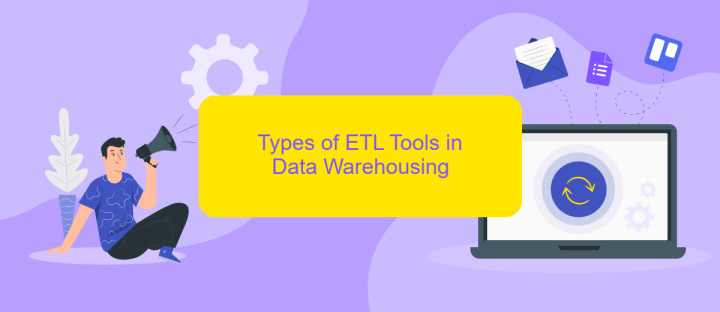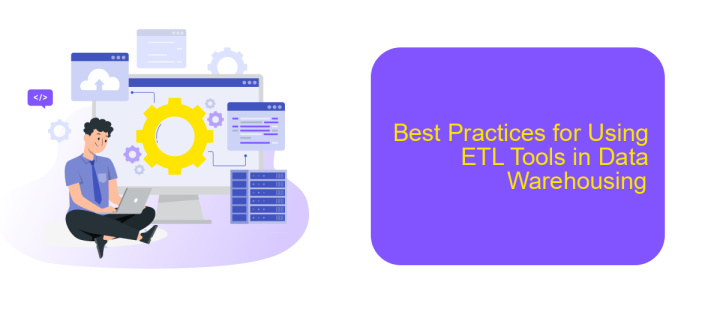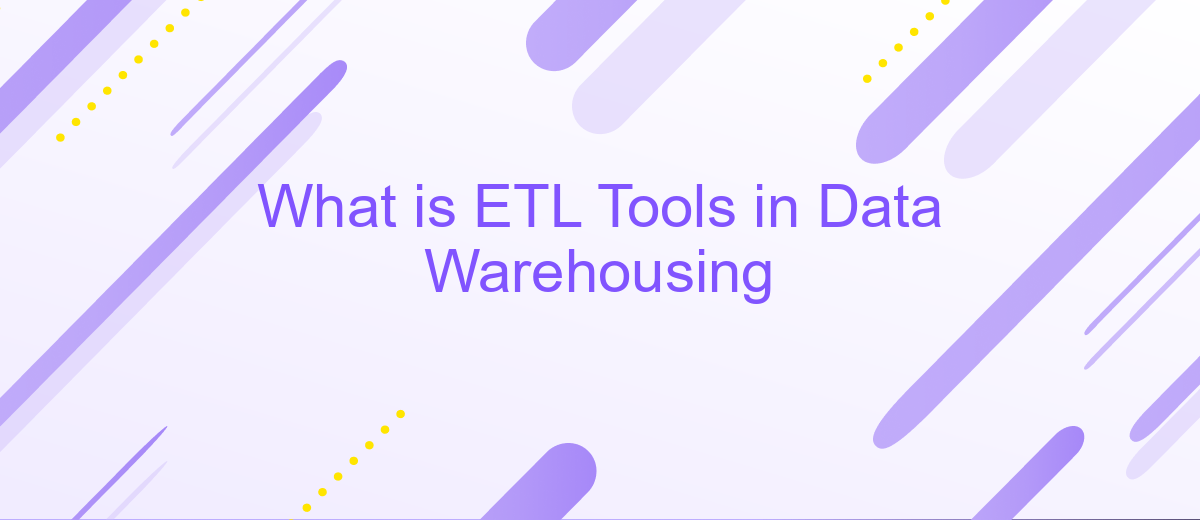What is ETL Tools in Data Warehousing
ETL (Extract, Transform, Load) tools are essential components in data warehousing, enabling the seamless integration and management of data from various sources. These tools extract data, transform it into a suitable format, and load it into a data warehouse for analysis. Understanding ETL tools is crucial for businesses aiming to leverage data-driven insights and maintain efficient data workflows.
Introduction to ETL Tools in Data Warehousing
ETL (Extract, Transform, Load) tools are essential in data warehousing for efficiently managing and processing large volumes of data. These tools help organizations extract data from various sources, transform it into a usable format, and load it into a data warehouse for analysis and reporting. ETL tools streamline the data integration process, ensuring data consistency and accuracy.
- Extraction: Collecting data from multiple sources such as databases, APIs, and flat files.
- Transformation: Converting extracted data into a suitable format, including data cleaning, validation, and enrichment.
- Loading: Inserting transformed data into a data warehouse or data mart for further analysis.
One of the popular services for setting up data integrations is ApiX-Drive. It simplifies the integration process by providing a user-friendly interface and automated workflows. This allows businesses to connect various applications and data sources effortlessly, ensuring seamless data flow and enhanced decision-making capabilities. By leveraging ETL tools like ApiX-Drive, organizations can optimize their data management strategies and gain valuable insights.
Benefits of Using ETL Tools in Data Warehousing

ETL tools streamline the data integration process in data warehousing by automating the extraction, transformation, and loading of data. This automation reduces manual effort, minimizes errors, and ensures consistency across datasets. ETL tools also enhance data quality by providing robust validation and cleansing mechanisms, ensuring that only accurate and relevant data is loaded into the warehouse. Additionally, they offer scalability, allowing businesses to handle increasing volumes of data without compromising performance.
Another significant benefit of using ETL tools is their ability to integrate seamlessly with various data sources and systems. For example, services like ApiX-Drive facilitate easy integration by connecting disparate systems and automating data workflows. This enables organizations to unify data from multiple sources, providing a comprehensive view for better decision-making. Furthermore, ETL tools often come with user-friendly interfaces and pre-built connectors, reducing the need for extensive coding and making the data integration process more accessible to non-technical users.
Types of ETL Tools in Data Warehousing

ETL tools are essential in data warehousing for extracting, transforming, and loading data. They come in various types, each suited to different needs and environments.
- Open-Source ETL Tools: These tools are freely available and can be customized according to specific requirements. Examples include Apache Nifi and Talend Open Studio.
- Commercial ETL Tools: These are paid tools that offer extensive support and advanced features. Examples include Informatica PowerCenter and IBM DataStage.
- Cloud-Based ETL Tools: These tools operate in the cloud, providing scalability and flexibility. Examples include AWS Glue and Google Cloud Dataflow.
- Real-Time ETL Tools: These tools enable real-time data processing and integration. Examples include Apache Kafka and StreamSets.
- Integration Platforms as a Service (iPaaS): Tools like ApiX-Drive facilitate seamless integration between various applications and services, simplifying the ETL process.
Choosing the right ETL tool depends on factors such as budget, data complexity, and specific business needs. Open-source options are ideal for those with technical expertise, while commercial tools offer robust support. Cloud-based and real-time ETL tools are perfect for dynamic environments, and iPaaS solutions like ApiX-Drive streamline integrations effectively.
Best Practices for Using ETL Tools in Data Warehousing

Effective use of ETL tools in data warehousing requires adherence to best practices to ensure data integrity, efficiency, and scalability. Start by thoroughly understanding your data sources and the specific requirements of your data warehouse. This initial step helps in designing a robust ETL process tailored to your needs.
Next, focus on data quality and consistency. Implement data validation checks and cleansing procedures to eliminate errors and inconsistencies before loading data into the warehouse. This not only improves the reliability of your data but also enhances the performance of your analytics.
- Automate ETL processes to minimize manual intervention and reduce errors.
- Monitor ETL jobs regularly to identify and resolve issues promptly.
- Utilize incremental loading to handle large datasets efficiently.
- Document ETL workflows and maintain version control for better management.
For seamless integration and automation, consider using tools like ApiX-Drive, which simplifies the connection between various data sources and your ETL process. By following these best practices, you can optimize your ETL operations and ensure a reliable, high-performance data warehousing solution.


Conclusion
ETL tools are indispensable in the realm of data warehousing, providing essential capabilities for extracting, transforming, and loading data from various sources into a centralized repository. These tools ensure data consistency, accuracy, and availability, which are crucial for informed decision-making and strategic planning. By automating complex data integration processes, ETL tools significantly reduce manual effort and minimize the risk of errors, thereby enhancing overall efficiency and productivity.
Moreover, modern ETL tools, such as ApiX-Drive, offer seamless integration capabilities with a wide range of applications and services. This flexibility allows organizations to effortlessly connect disparate data sources and streamline their data workflows. ApiX-Drive, in particular, stands out for its user-friendly interface and robust functionality, making it an ideal choice for businesses looking to optimize their data integration processes. In conclusion, leveraging advanced ETL tools is essential for organizations aiming to harness the full potential of their data and gain a competitive edge in today's data-driven world.
FAQ
What are ETL tools in data warehousing?
Why are ETL tools important in data warehousing?
What features should I look for in an ETL tool?
Can ETL tools handle real-time data processing?
How can I automate ETL processes without extensive coding knowledge?
Strive to take your business to the next level, achieve your goals faster and more efficiently? Apix-Drive is your reliable assistant for these tasks. An online service and application connector will help you automate key business processes and get rid of the routine. You and your employees will free up time for important core tasks. Try Apix-Drive features for free to see the effectiveness of the online connector for yourself.

